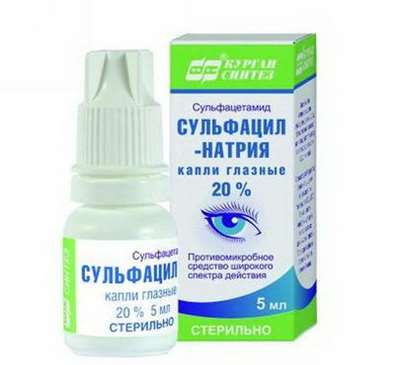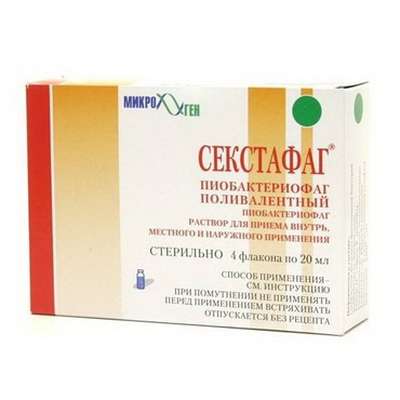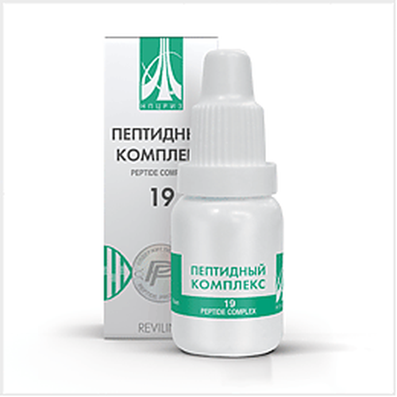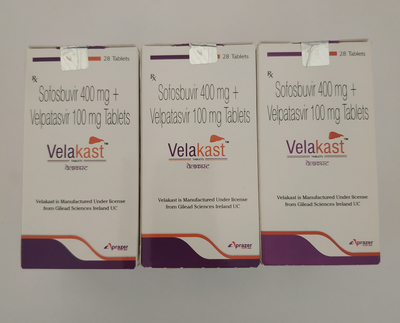Sports nutrition: the maximum effect without any damage to health (Continue. Part 2)
19 Oct 2016
SPORTS NUTRITION
Recently a lot of controversy is the question "What is better? Glucose or fructose." Previously the answer was unequivocal: it is better to eat fruit sugar, but now experts in the field of sports nutrition does not agree that fructose is more effective. Your muscles extract energy from it more slowly than glucose, and, moreover, excess fructose can lead to the formation of fatty deposits, which particularly affected the liver, as a result - a metabolic disorder. But much less fructose, unlike glucose, raises the level of blood sugar. However, in this case insulin may help lowering the level by increasing glucose uptake tissues. In addition, insulin has a strong anabolic effect, increases the glycogen stores in the muscles and in the liver. But it is necessary to be careful, otherwise you can "earn" diabetes or insulin resistance.
Protein - is the most common substance after the water body. They represent the basis of the structural elements of cells and associated with them basic manifestations of life: metabolism, muscle contraction, nerve irritability, ability to grow and reproduce, thinking. Proteins are essential for the creation of biomolecules such as hormones, deoxyribonucleic acid (DNA) which contains the human genetic code. For protein substances also applies to hemoglobin - the oxygen carrier in the blood. The role of proteins in providing immunity - immunoglobulins are built. The need for adult protein, on average, of 0.8 g - 1.5 g per 1 kg of body weight per day, but for the people involved in sports, the percentage of protein foods in the daily diet should be 14-15 percent. Between speed and power training - 17-18 percent. During the build-up of muscle mass - 18-20 percent.
In the body, the proteins are represented in more than 50 thousands of different types, which in turn consists of 21 types of amino acids. They are connected with each other a special chemical compound - a so-called peptide bond - and although the nature of the amino acids are so many really important biological value for us are only eight of them. They are called "essential" because the body can not synthesize them, and we can only obtain their food.
In addition to the important everyday functions performed by the amino acid in the human body, for the athletes, they are crucial, as are the energy source of the muscles before and after exercise. Complete proteins are present in foods of animal origin (beef, veal, lamb, turkey, poultry, low-fat fish, milk, chicken, eggs, shellfish and cheese). The protein part of the plant food are generally poor or does not contain any one or more essential amino acids and so called defective. In addition, it is characterized by the long-term assimilation: first place in the speed of protein digestion takes egg and milk proteins, then fish and meat.
A well-balanced diet should contain a sufficient amount of proteins, since they are a major component of all living cells. Although proteins are not the main source of energy for athletes from all sports very unimportant role they play is in cyclic sufficient presence of the protein in the body allows you to "save" carbohydrates (glycogen). At the same time we must remember that a balanced diet with the body receives a sufficient amount of protein, and the use of additional protein supplementation is required. Otherwise the misuse of more than 3 g protein per 1 kg of body weight can be "planted" the liver and kidneys.
Fats, or "lipids" - are substances that, in spite of the remarkable negative qualities must be present in the diet. Due to the ensuing hype around fat it can give the impression that it is better to exclude from the diet, but at least, and abuse them harmful (especially athletes), they are required to maintain health. Fats are useful for a variety of reasons. First, they are a rich source of energy than carbohydrates: per gram of fat contains twice as many calories (nevertheless, they are still less favorable due to the long digestibility). Second, fat - the main ingredient, through which stores energy body and the body is able to stock them much more than glycogen. Third, many hormones are synthesized with fat. That is why the fat are important for long-term anaerobic stress - here they are the main source of power muscle cells. Therefore, considering the efficiency of energy production is preferably used for both marathons and fats, and carbohydrates. If the proportion of fat in the diet of the athlete is less than 15 percent, 10 percent reduced performance and stamina, increased lactic acid concentration, which leads to a rapid fatigue, and minerals such as calcium and magnesium, can not be absorbed from the digestive tract, which subsequently It can lead to muscle cramps during training and competitions. Also, fat protects the body from cold and serves as a damping cushion.
One of the Best Nooropic drug is Phenotropil.
The fourth reason is the healthy fats that they contain fat-soluble vitamins - A, D, E, and K. Finally, due to the fact that the promotion of fat on the stomach takes place slowly, the man ate something greasy, long experience satiety. But excess fat does not mean that you will have more vitamins, better tolerate cold better jump. Quite the contrary ... Due to the fact that fats are digested slowly, must pass a sufficiently large amount of time to exercise, so as not to feel discomfort, and then to exercise to "including" fatty food. Thus, the exercise rather lead to combustion of the carbohydrate reserves and practically fat consumed. If you burned during exercise 1000 kcal, this does not mean that you have spent the same weight of fat calories. Thus it is not recommended to use more than 200 grams and less than 30 grams of fat per day.
An important role in this class of substances play an unsaturated fatty acid (vegetable oil, fish oil, peanut oil). In life they can be distinguished from saturated in that they do not remain solid at room temperature (such as ham on fat, margarine, etc.). Targeted studies conducted over the past few years has shown that foods with a high content of unsaturated and polyunsaturated fatty acids (e.g., omega-3 contained in fish oil and linoleic and linolenic acid) can reduce the level of cholesterol and triglycerides in your body, improve mental abilities, lower blood pressure and significantly reduce the risk of cardiovascular diseases (as they help in diseases of the joints). If you eat fish (such as mackerel) at least 2-3 times a week, it will significantly strengthen your heart and, as studies have shown, it will warn on the development of many diseases. In addition, the fish - a valuable source of protein.
In addition to essential nutrients (macronutrients), which are the sources of energy in the food contains substances that do not provide energy but are essential in minimum quantities to sustain life. These include vitamins and minerals. These substances are essential, as is almost can not be synthesized in our body cells. It is known that in the amplification of physical activity need for vitamins and minerals increases. It follows that it is necessary to look for additional sources of these substances.
Past international studies show that the majority of athletes observed hypovitaminosis various essential vitamins, which leads to malfunction of the whole training process as a whole. In most cases, even a properly chosen diet sports doctor can not make up the body's need for vitamins and trace elements, so it is advisable to look for additional sources of these substances. A major role is played by multivitamin complexes, and if you use them at least, it will have a positive impact on your results (most manufacturers have already started to produce vitamin supplements with high doses especially for those who play sports). Do not be surprised ... "at least" - not a typo. Appointment of vitamins - this is strictly an individual procedure and instead to use all of the vitamins and minerals at once, it may be wise to do two or three, in which a particular body is most in need. Do not be afraid to consult a doctor - he never you is not bad advise. For a man who leads an active lifestyle, it generally has to enter into a rule.

 Cart
Cart





